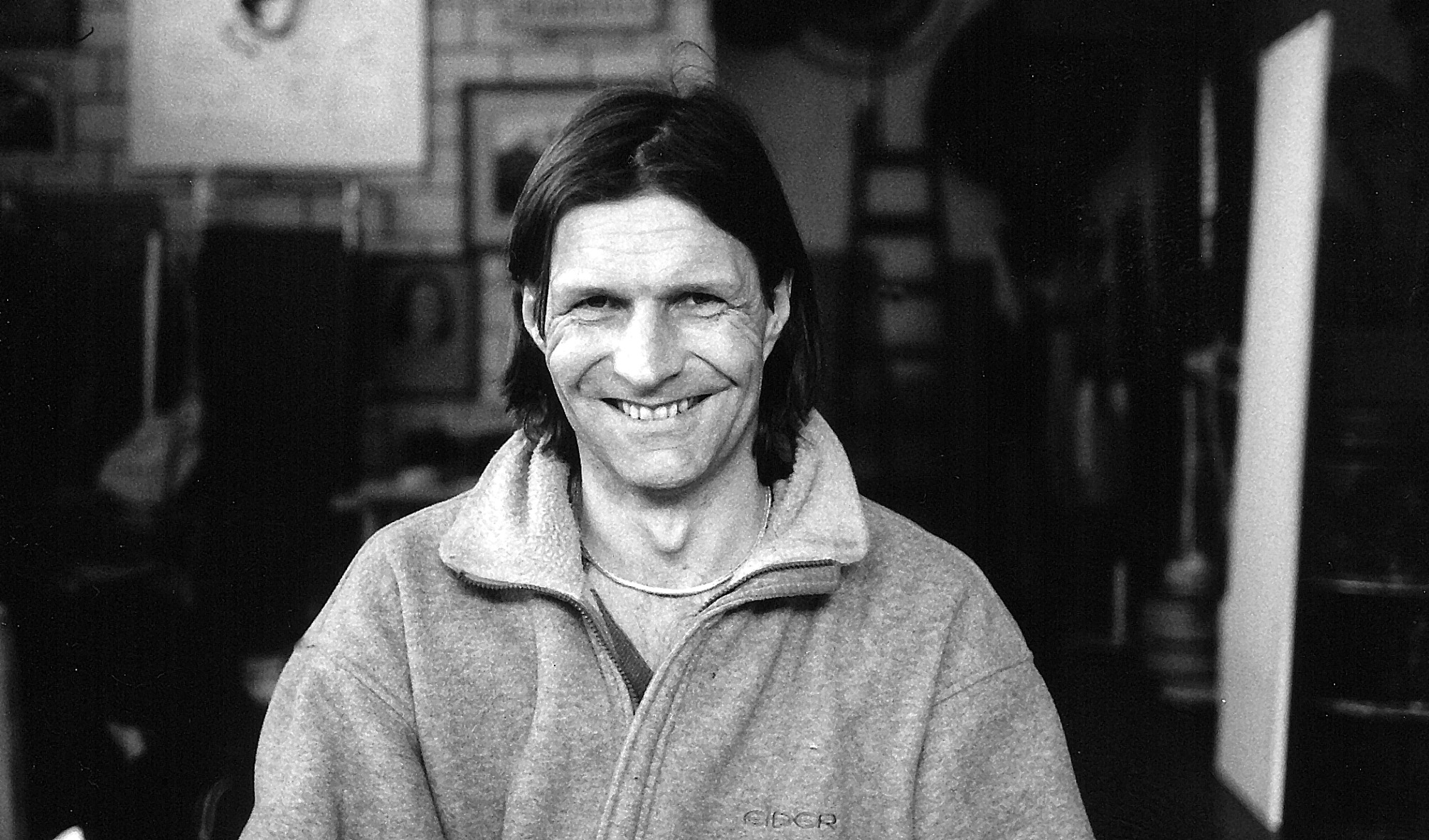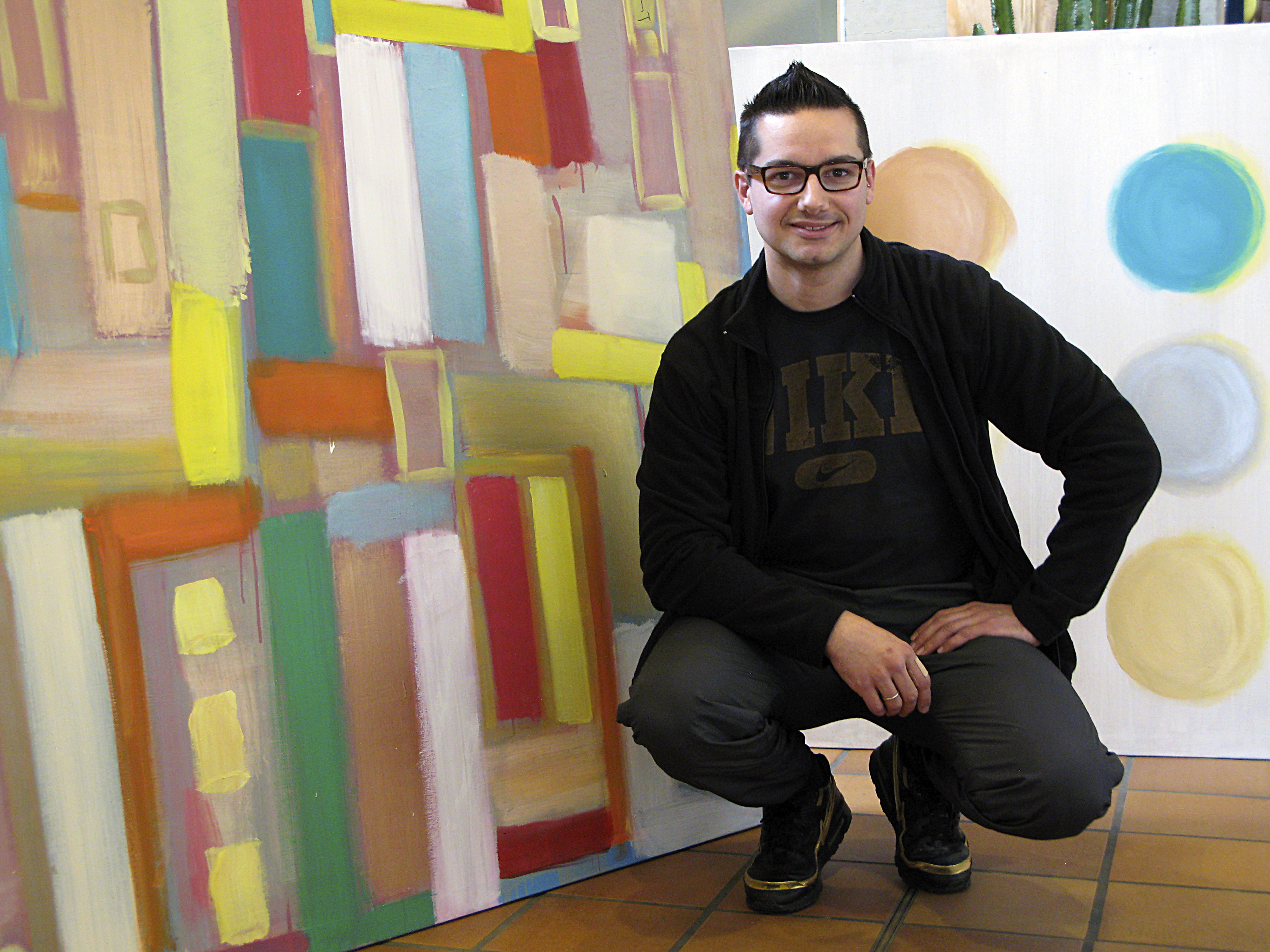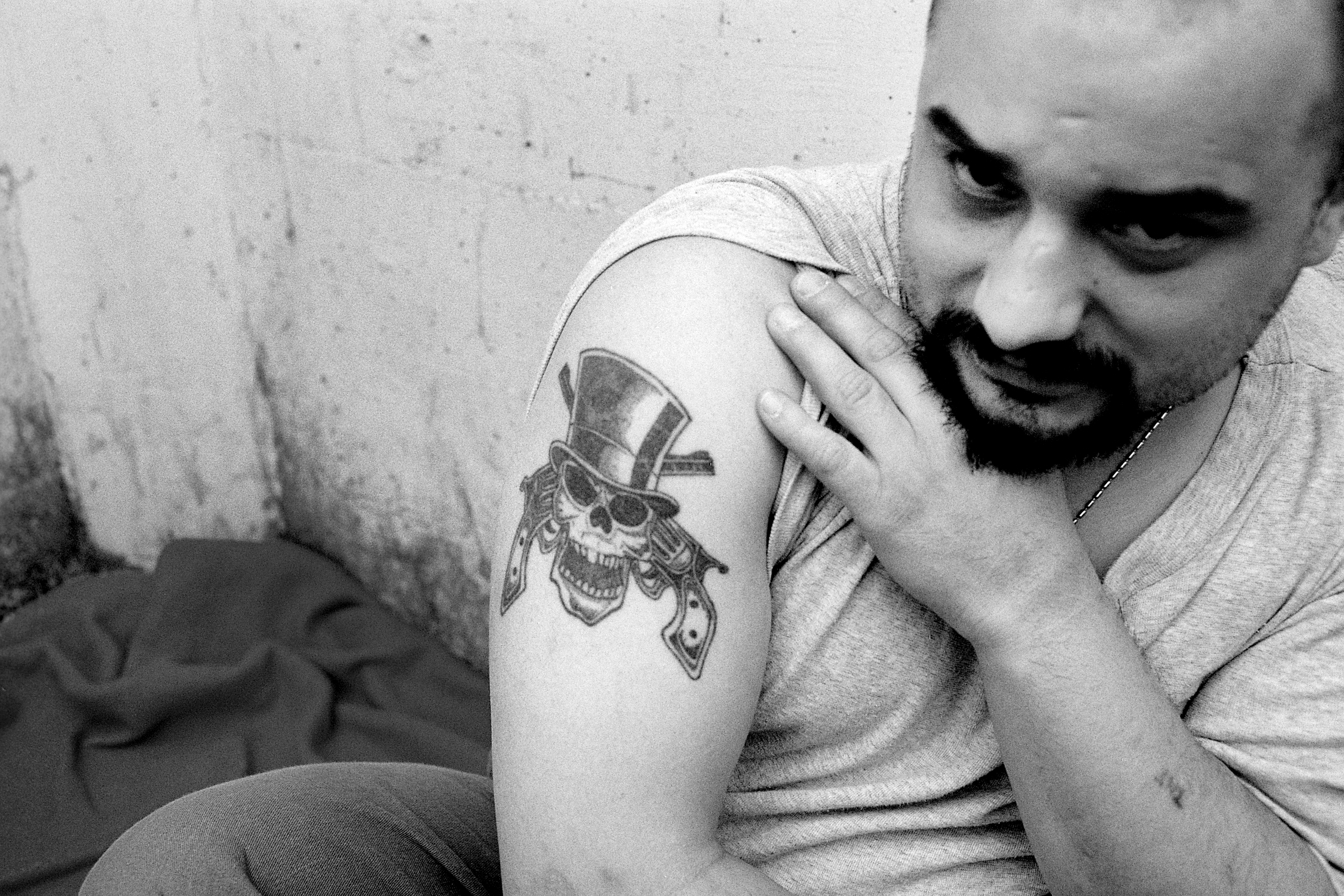‘Society has to take certain risks’

According to Swiss law, a prison sentence isn’t about revenge; it is about rehabilitating the prisoner. At the same time, protecting society has to be a priority. This contradiction poses a huge challenge, says documentary filmmaker Dieter Fahrer.
He spent months working on a film about the inmates at Thorberg, a high-security prison outside the capital, Bern. During that time he became familiar with everyday life behind bars.
In an interview with swissinfo.ch, Fahrer says he gained vast insight that has made him “a sort of spokesman” for those who can’t speak for themselves.
Figures for 2012 (2011):
Number of prisons: 109 (111)
Number of beds: 6,978 (6,869)
Occupancy rate: 94.6% (88.3%)
Total number of inmates: 6,599 (6,065)
Percentage of women: 4.9% (5.3%)
Percentage of foreigners: 73.8% (71.4%)
Percentage of minors: 0.8% (0.5%)
swissinfo.ch: How are inmates prepared to reintegrate into society and stay out of trouble after their release?
Dieter Fahrer: The issue of reintegration is very complex: How can we prepare someone for his release when he’ll be deported afterwards? To Kosovo or Ivory Coast or somewhere else? In these cases it is quite unrealistic to speak of rehabilitation.

swissinfo.ch: Not all offenders are deported. How about preparations for life in Switzerland?
D.F.: People are seldom released directly from closed prisons; instead, they gradually make their way into a more open form of custody where they can prepare for a life of freedom step by step. Many get conditional release which involves reporting to probation officers.
The problem is that people – partly as a result of media pressure – don’t want to take any risks. It takes an enormous amount of time before enforcement policies are eased because society is afraid.
Trust is a key point. In our society, the dominant idea is that the person has to suffer a punishment because he did something bad.
Documentary filmmaker Dieter Fahrer, born in 1958, spent three years working on Thorberg and more than half a year filming at the prison outside Bern. The jail houses 180 male inmates from more than 40 countries.
The film profiles seven inmates from seven nations. It premiered in September 2012.
Thorberg received the 3sat-Prize for best German-language documentary at the 36th Duisburger Film Week in Germany. It was also shortlisted for the 2013 Swiss Film Award in the documentary category.
swissinfo.ch: At Thorberg you met men who were not particularly likeable. It is understandable that society wants to protect itself from dangerous criminals, yet these people are supposed to be reintegrated into society. Is this possible?
D.F.: Society has a right to protection. And criminal offenders, according to the Swiss penal code, should be rehabilitated. This contradiction poses a major challenge and demands that society take certain risks. We accept risks in other areas, such as in traffic and at nuclear power plants. But when it comes to convicts, we’re just not ready.
Of course it is difficult, because it is a catastrophe if an ex-con commits a serious crime after his release. But they’re going to get out anyway, so the only sustainable way to protect society is to give these people a chance. If they don’t have any prospects, then there is a huge danger that they will offend again.
swissinfo.ch: How can the general public best be protected from recidivist criminals?
D.F.: Realistic employment prospects are key, and there could be more innovation here. At Thorberg it doesn’t make sense to have inmates packing greeting cards to kill time.
It would be more practical to train people to be car mechanics because there’s a need for them in Kosovo and Nigeria, too. Or they could learn to be fitness trainers; the men are often in great physical shape. They wouldn’t just focus on muscles, but also on anatomy and nutrition.

More
Prison helps inmates prepare for the workforce
swissinfo.ch: In today’s society, is there a lack of will to reintegrate hardened criminals?
D.F.: There’s a tendency toward fear and mistrust in our society. If somebody gets out of prison after a certain number of years, then he has served his sentence. We have to be ready to accept him. But if he can never find a place to live or work, then it will be difficult.
There are more and more criminals locked up, justly so sometimes. There are people who can’t be treated – they are a danger to society and have to be behind bars.
swissinfo.ch: Many of the inmates at Thorberg have caused great suffering to others. How important is it for them to reflect on their crimes?
D.F.: This is certainly an elementary part of the system and it is normally followed up on. Of course, it is important to understand what exactly happened and led to the crime.
Processing the offence is also extremely difficult. Many crimes are highly complex and they often involve addiction. How can you confirm that an inmate is ready for release when addiction is a factor? There is no casino at Thorberg. There are drugs, but not in big quantities like outside. Finding out whether a person can handle all that when he gets out isn’t really feasible.

More
Men behind bars
swissinfo.ch: Is there such a thing as meaningful imprisonment?
D.F.: Shortly before he retired, Hans Zoss, the former director of Thorberg, said: ‘Punishment doesn’t work.’ I agree. Instead, there has to be a cognitive process that makes the offender take responsibility for what he did. It is too late to change what happened.
swissinfo.ch: What improvements are needed?
D.F.: At Thorberg, the men only have five visiting hours per month. And there is no private place for inmates to meet their partners or families. Instead the visits take place in a room with other people and under constant surveillance. Under these conditions, it is difficult to maintain a relationship over time.
I also think it is absurd that internet access is generally forbidden. The internet offers so many possibilities in terms of education and communication. Why shouldn’t those with families abroad be able to talk to them via Skype?
Cutting people off from the rest of the world is contradictory if you want them to reintegrate into society. The TV is the only window on the world that they have.
(Translated from German by Susan Vogel-Misicka)

In compliance with the JTI standards
More: SWI swissinfo.ch certified by the Journalism Trust Initiative









You can find an overview of ongoing debates with our journalists here . Please join us!
If you want to start a conversation about a topic raised in this article or want to report factual errors, email us at english@swissinfo.ch.